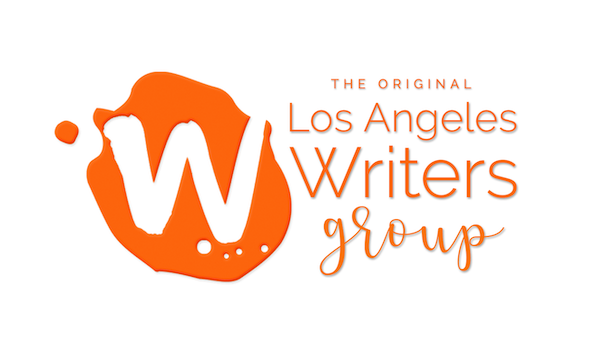 Why do we stop working on our projects? Why do we put in all that work and then suddenly stop working? I spend my days working through issues like this with writers. And I’ve noticed a pattern that mirrors the trajectory of relationships. I’ve found that writing a book is a lot like falling in love.
Why do we stop working on our projects? Why do we put in all that work and then suddenly stop working? I spend my days working through issues like this with writers. And I’ve noticed a pattern that mirrors the trajectory of relationships. I’ve found that writing a book is a lot like falling in love.
Relationships
We meet someone special. We go out on dates. We try to picture a future with them. We dive deeper and get to know this person. If we like them, we commit and decide to be monogamous. We might even get married. Then we have a significant disagreement. We feel misunderstood. We feel like the one person who was supposed to be on our side has now taken sides against us. We try to explain our side. We try to convert them to our more logical way of thinking. It doesn’t work. The romantic period ends, and now the relationship feels like work, feels like the entity of us is no longer safe or supportive, and frustration creeps in. So we see a counselor who gives us some communication tools and the real work of being in a relationship begins. So we go home and try to communicate. We stumble at first. We hurt each other’s feelings. But we keep working and keep going to the counselor until we learn how to reach one another. Or we learn that we will never be able to reach each other and we stop working on the relationship altogether.
But if we do decide to push forward and grow together, we learn how to live with another person who has their own opinions. We learn how to understand our partner and have compassion for them without taking it personally. We keep trying because everyone tells us the rewards will come. That our love will win out in the end.
Sound familiar? That’s because this relationship stuff parallels the book-writing process. Let’s take a look.
Writing a Book
You have an idea for a book. You’ve found a story that you want to tell, and you decide to stick with and see it through to its final draft. You envision getting an agent and a publisher, then going on book tour, and you see yourself signing book copies and talking about your creative process. This type of visualization helps to keep momentum, and it’s good to dream about the future. So you start typing, characters reveal themselves, and you begin to write a story. You’ve fallen in love with your story. You want to spend a significant amount of time with your story, maybe even go all the way with this story. You write the beginning. You refine the first line, the first paragraph, the first scene, and even the first whole chapter. You try new things, like the second chapter and sometimes even the third chapter, and so on until something changes. Motivation starts to slip. The romance of living a writer’s life and sitting alone and typing a story on a glowing screen transforms into more work than romance. You find that writing your story challenging and frustrating and lonely.
Like being in a relationship, this is when the work begins. This moment when it’s so tempting to stop working is when you need to discover tools you aren’t even aware you don’t have. This is when you might seek help from a book on the craft, from a writing coach, or from your writer’s group, much like a couple who seeks out a counselor.
But this moment, when writing elicits frustration rather than romance, is the exact time you should continue to push forward. As I have written about before, your frustration is a sign that you need to do more work or learn more to grow in your craft. Never let frustration stop you. It’s nearly always the point at which you are about to level up.
Keep this in mind on while working on your project. Allow yourself the space to grow in your craft and to learn how to push past the frustration and discover the growth lurking underneath.

2 Responses to "Writing a Book is like Falling in Love"
You must be logged in to post a comment Login